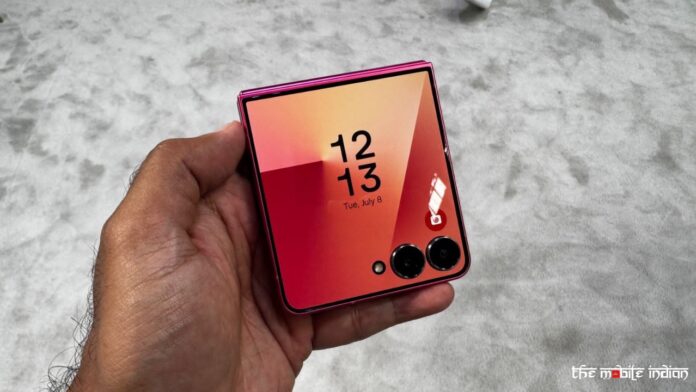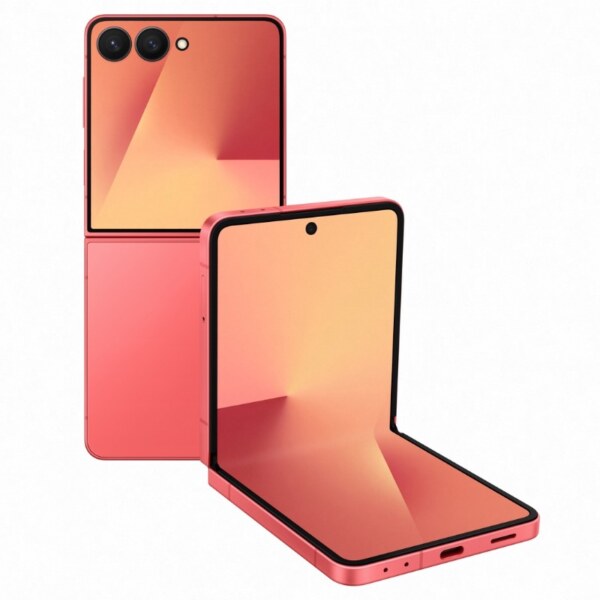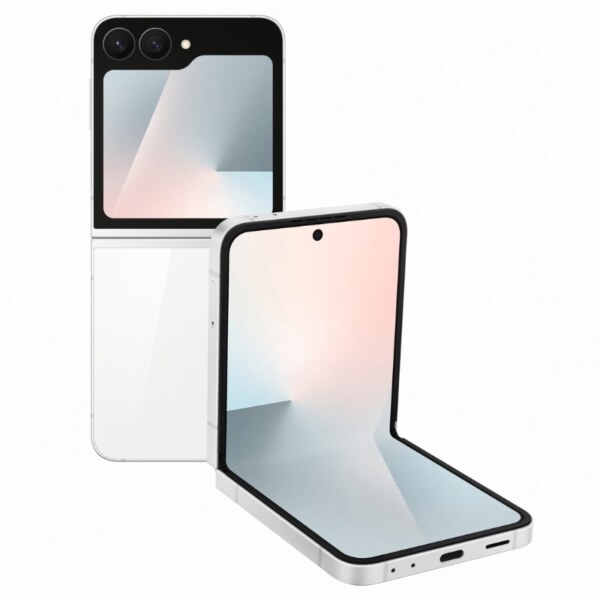When Samsung launched its first Galaxy Z Flip back in 2020, the appeal was mostly aesthetic—foldable nostalgia meets modern tech. Fast forward to 2025, and with the new Galaxy Z Flip7 and the more accessible Flip7 FE, it feels like the company is finally delivering on the form factor’s full potential.
The Flip7’s larger FlexWindow and the Flip7 FE’s more affordable price point aren’t just minor refinements—they address two of the most persistent criticisms of past Flip models: limited functionality when closed, and premium pricing that left mainstream users out.
Galaxy Z Flip7: The Flip Finally Feels Fully Functional
The biggest upgrade on the Z Flip7 is one you can see without even opening the phone: a 4.1-inch edge-to-edge FlexWindow. Compared to the smaller, more confined cover screen on the Flip6, the new layout feels far less like a widget strip and more like a functional second screen.
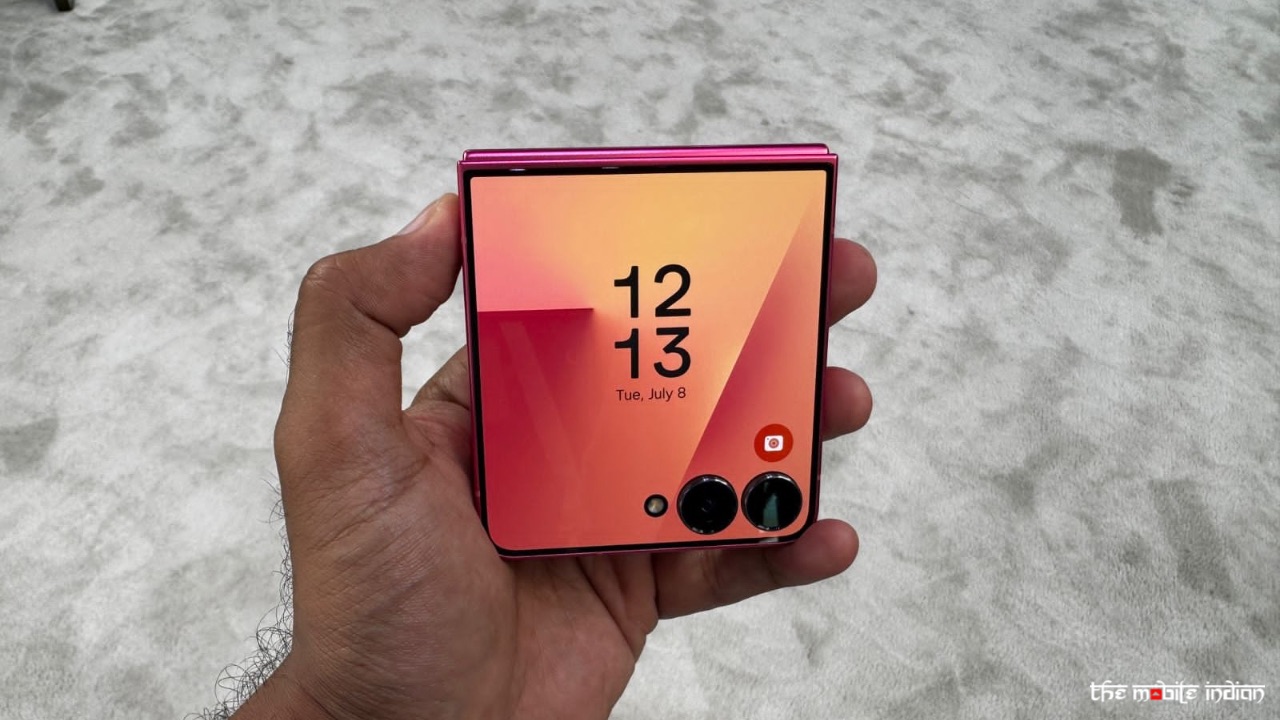
Typing quick replies, checking your schedule, and snapping selfies no longer feel like workaround tasks—you can do more without ever unfolding the phone. Samsung’s Vision Booster and 2,600-nit brightness make the FlexWindow readable outdoors, addressing another limitation from earlier Flip models.
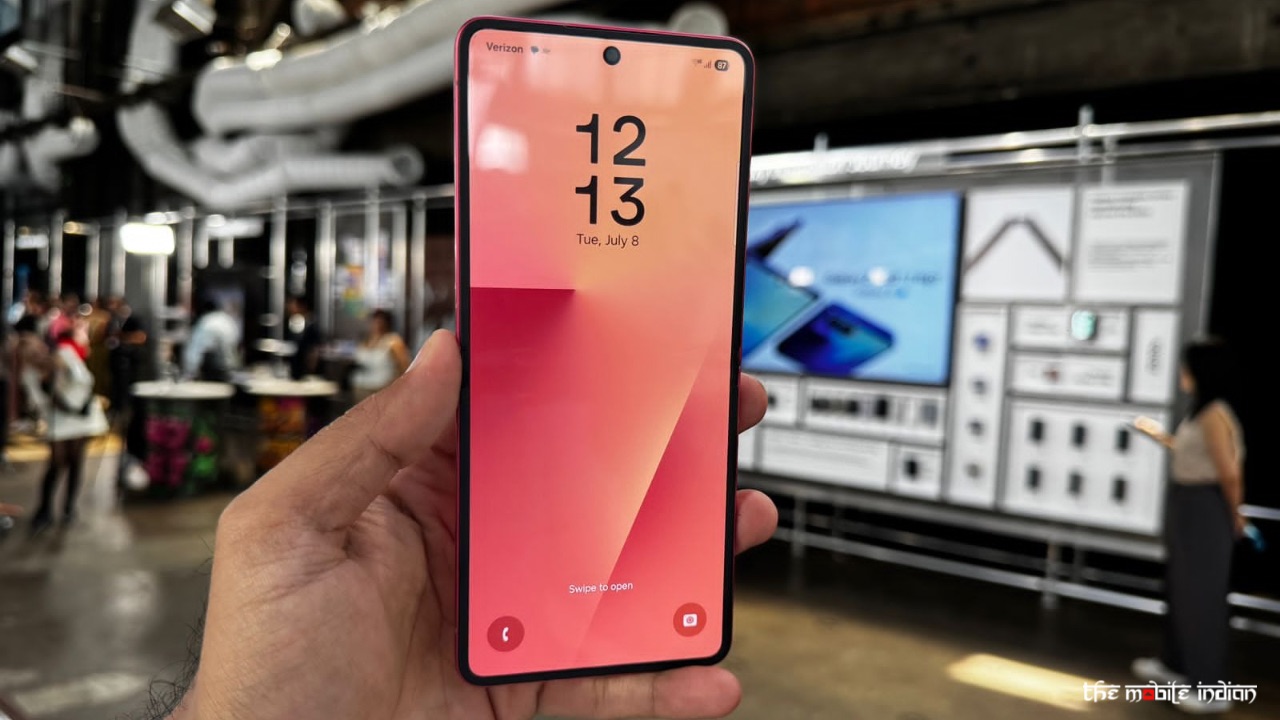
The main screen also stretches slightly to 6.9 inches, adding room for immersive viewing. It’s a small bump in size, but with One UI 8’s improved multitasking and Galaxy AI’s multimodal integration, it gives off a more complete, smart-device experience.
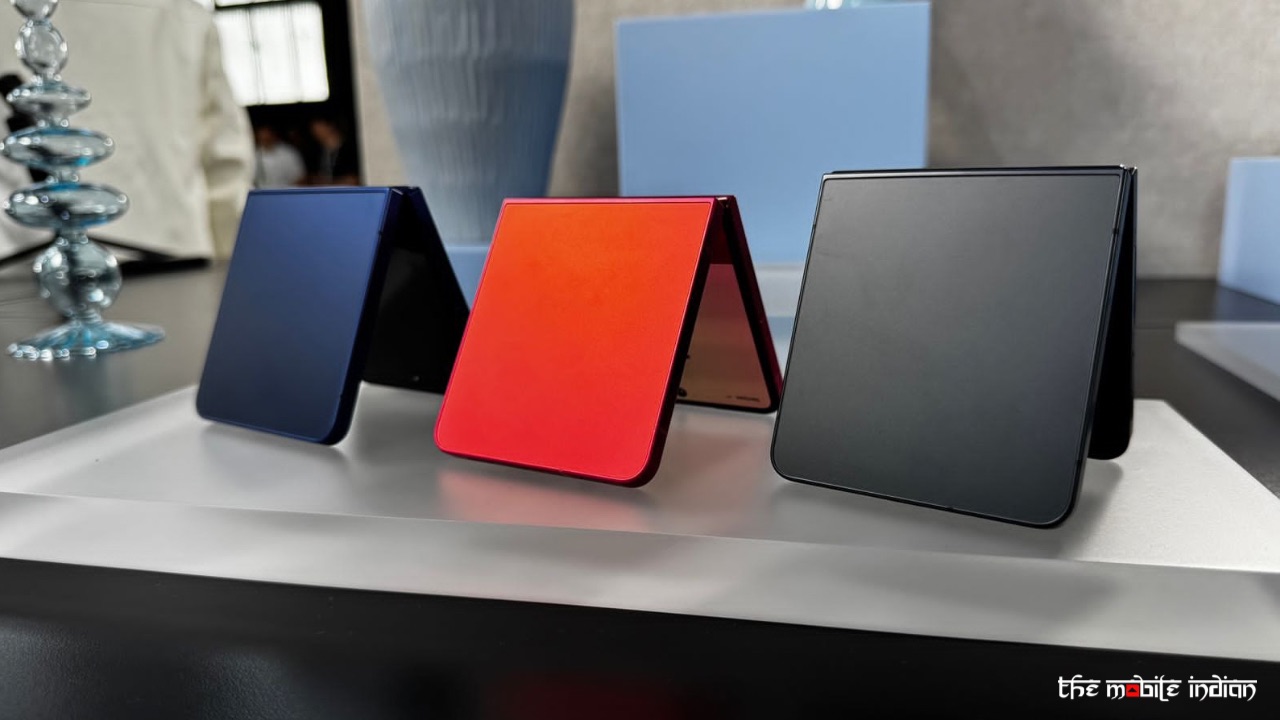
In comparison, the Flip6—with its smaller cover display and narrower software support—felt like a flip phone that happened to be smart. The Flip7 is a smart device that just happens to fold.
Flip7: Hardware Polished, Not Overhauled
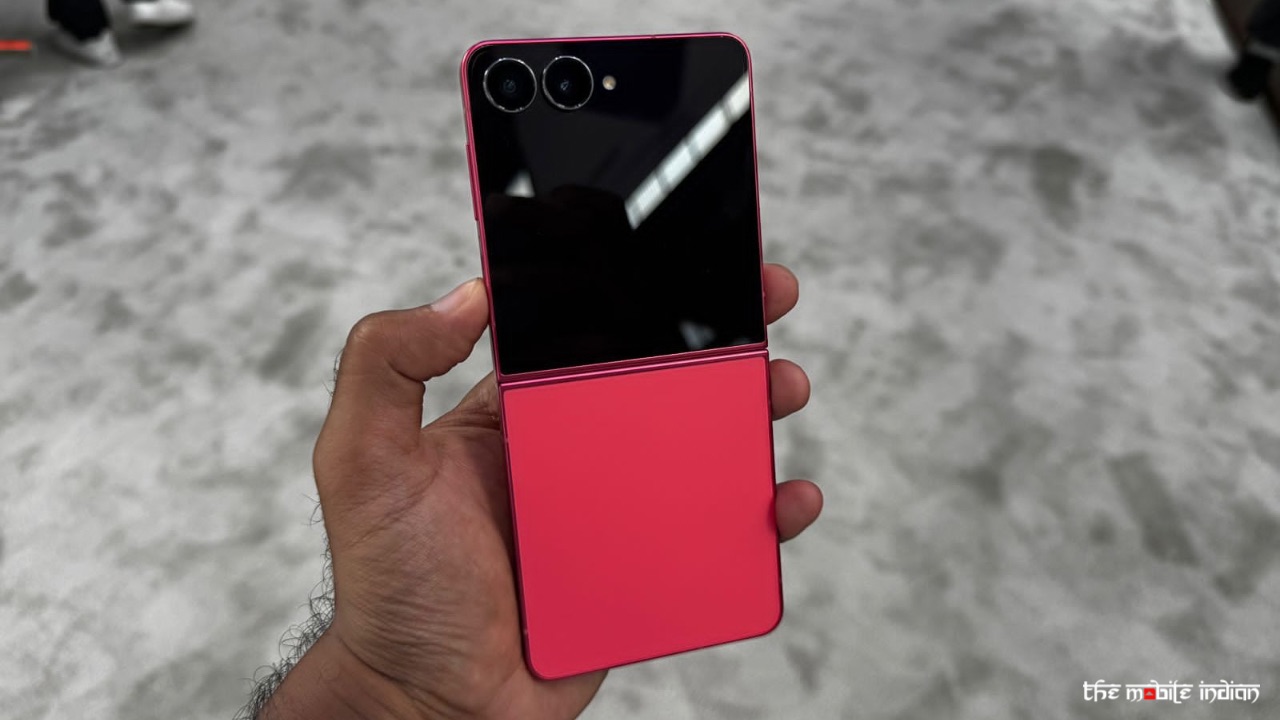
From a design perspective, the Flip7 hasn’t reinvented itself, but it’s noticeably more refined. The hinge is thinner and sturdier, the frame is lighter at 188g, and Corning Gorilla Glass Victus 2 adds protection without bulk. Combined with a 4,300mAh battery—the biggest yet in a Flip—it’s a package that feels ready for real-world, all-day use.
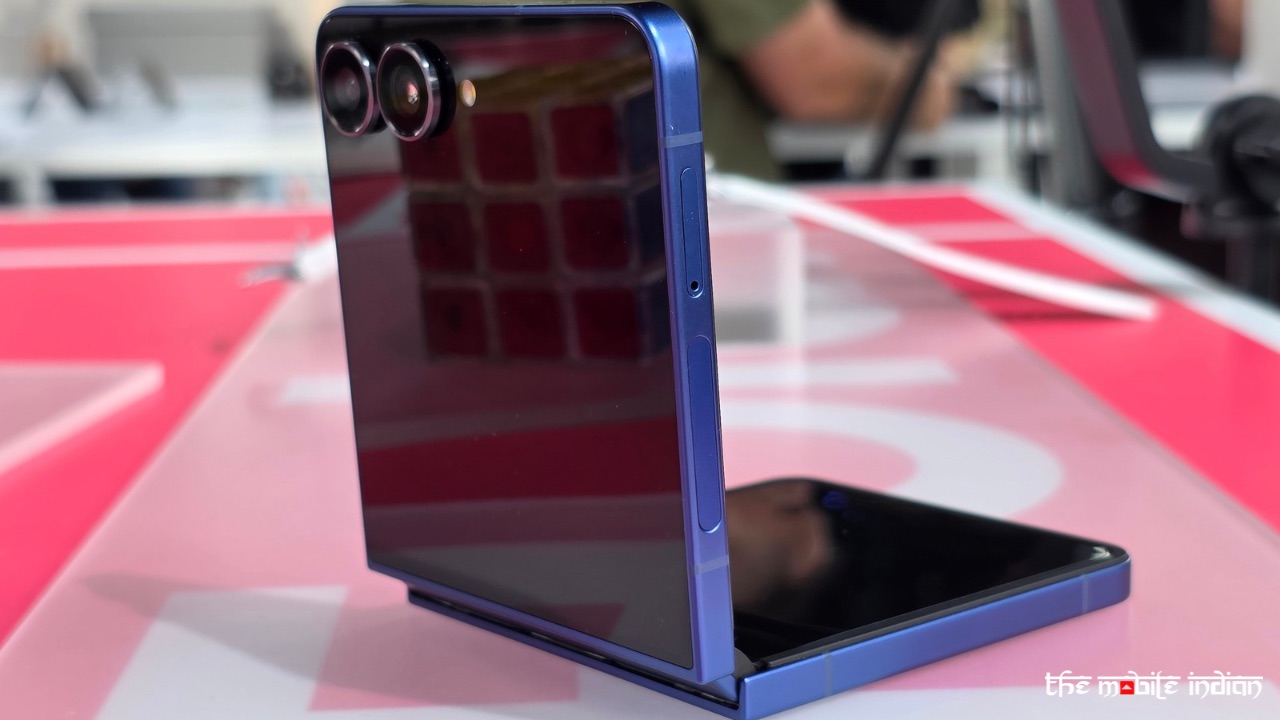
Under the hood, the Exynos 2500 chip is expected to help in AI processing and power efficiency and new software perks like Samsung DeX support turn the Flip into a makeshift workstation. That’s a first for a flip-style foldable and a feature that nudges the Flip7 closer to Galaxy Fold territory.
Galaxy Z Flip7 FE: Finally, a Foldable That Doesn’t Break the Bank
If the Flip7 is about finishing the premium foldable formula, the Flip7 FE is about democratizing it. This isn’t a stripped-down compromise—it’s a carefully trimmed device that still delivers key foldable experiences.
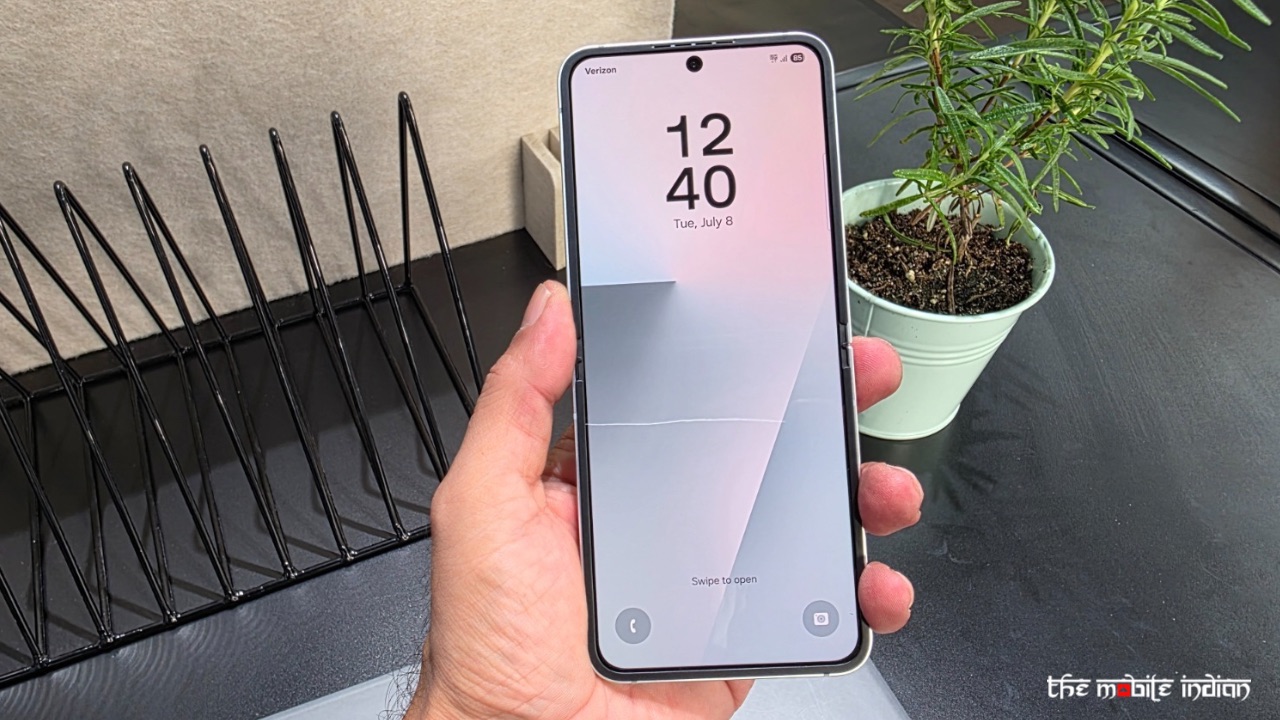
The 6.7-inch main display is almost identical to its pricier sibling, and the 3.4-inch cover screen, although smaller and featuring a notch, remains perfectly functional for essentials. It doesn’t offer the immersive FlexWindow experience, but for users new to foldables—or simply unwilling to pay a flagship price—it delivers surprising value.
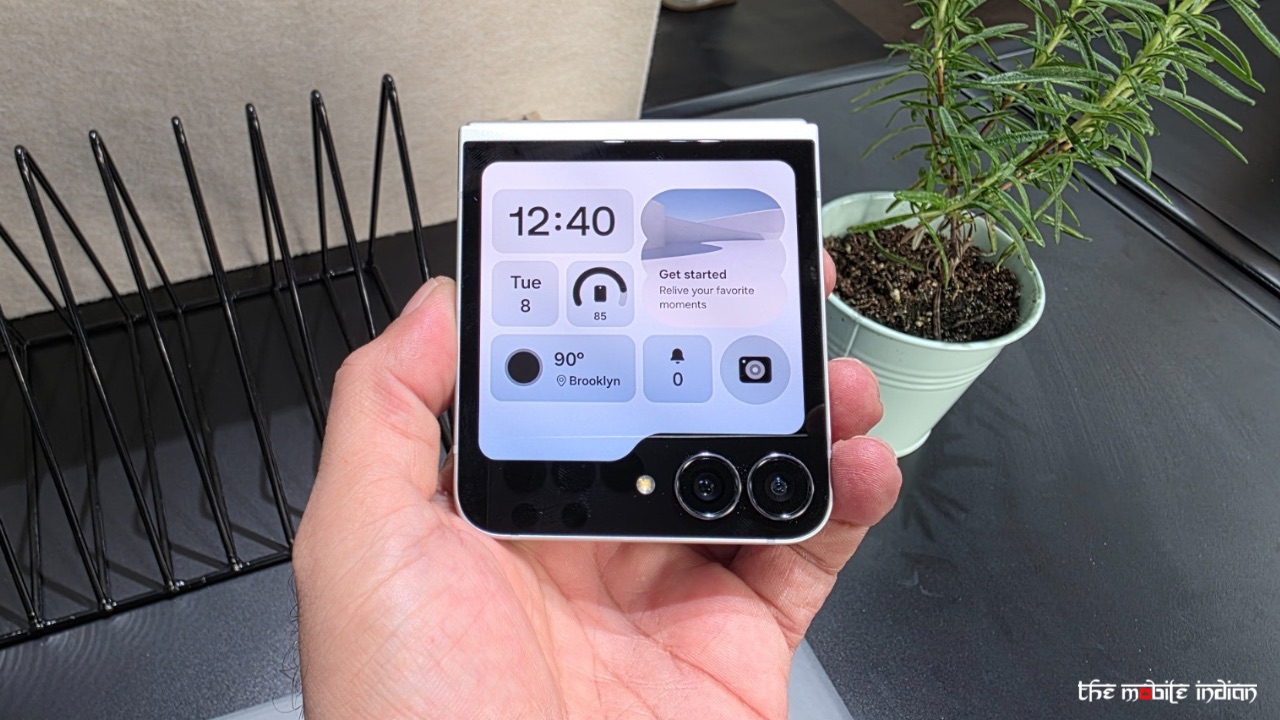
Flip7 FE’s 8GB RAM and Exynos 2400 Chipset signal a deliberate effort to strike a balance between performance and cost. For casual users, this could be the first foldable that makes more financial sense than a slab smartphone.
Camera and AI: Smart Enough for Daily Use
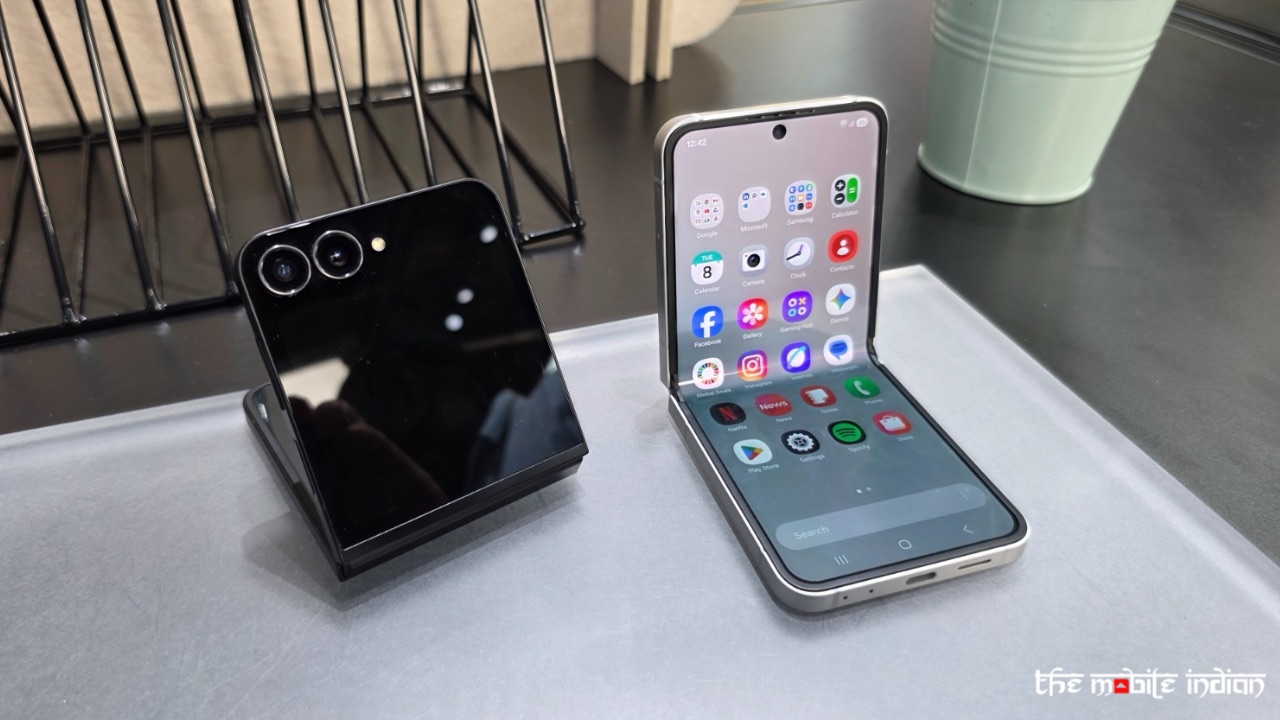
Both models feature the 50MP FlexCam, and while serious photography still favors the Galaxy S series, these are no slouches. AI-enhanced image processing and features like Real-Time Filters and Dual Preview elevate the selfie game, particularly on the Flip7, where the FlexWindow acts as a real-time viewfinder.
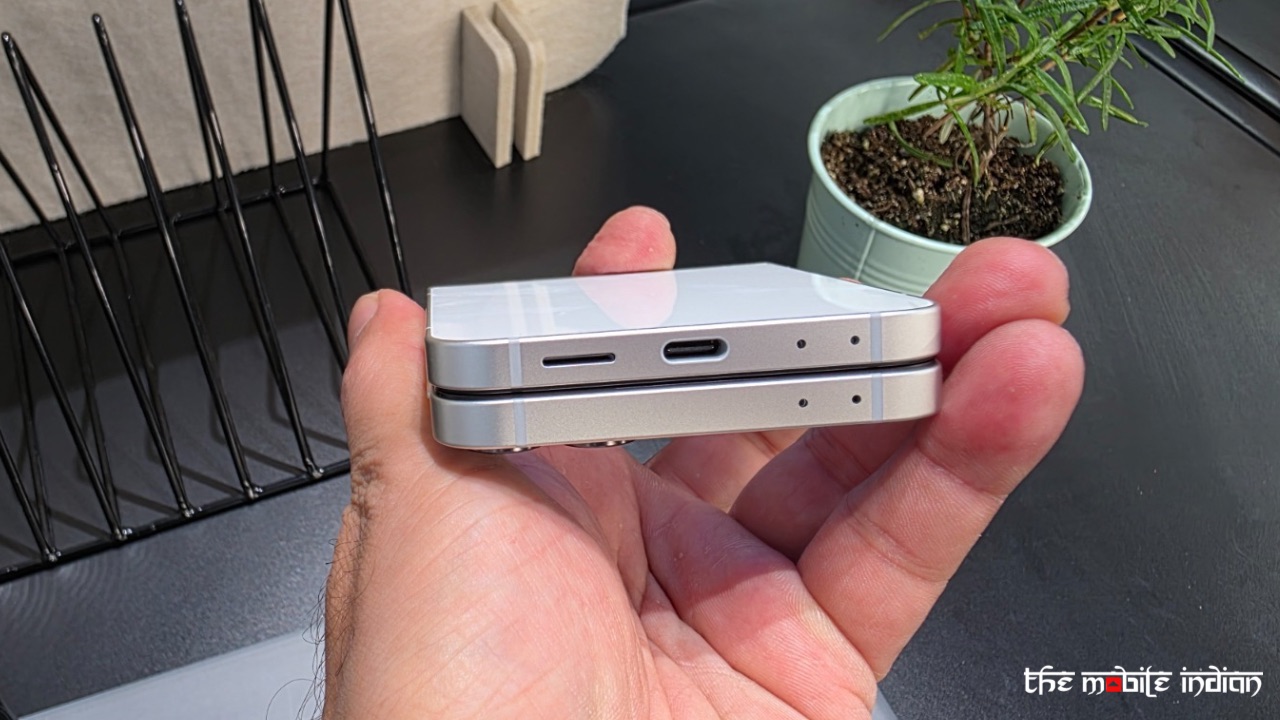
New AI tools like Gemini Live on the cover screen feel less like gimmicks and more like integrated utilities. From setting travel reminders to grabbing dinner reservations, the voice interface—and Samsung’s new emphasis on multimodal interaction—makes the Flip feel smarter than before.
First Impression Flip7 and Flip 7 FE: A Flip for Everyone?
The Galaxy Z Flip7 doesn’t radically change what a flip phone is, but it refines nearly everything that came before it. The bigger FlexWindow alone makes the upgrade from Flip6 worth considering for users who rely on one-handed use and need more functionality without flipping open the device.
The Flip7 FE, meanwhile, marks a major step forward for affordability in the foldable space. Samsung has made flip phones more useful—and now, more accessible.
Foldables still aren’t mainstream, but for the first time, the Flip series feels like it belongs in more pockets than just those of early adopters. And that might be the biggest shift of all.


